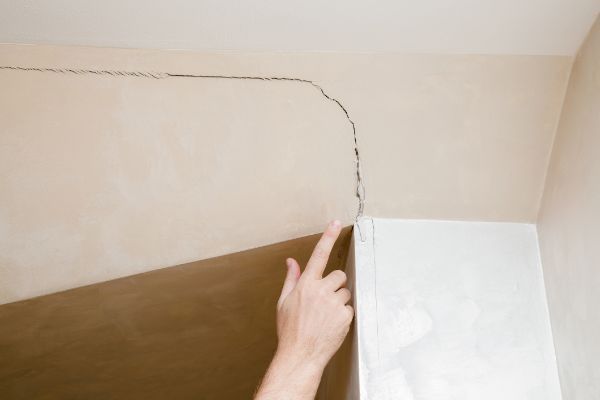After you buy your home and get settled, it can be devastating to find out something is seriously wrong with your property. After looking into the problem and learning more about its origin and history, you may also find there is reason to believe the seller was aware of it before the sale. When a hidden issue, or latent defect, is revealed after the closing papers are signed, it’s crucial to know what steps to take. Here is what to do when you discover a latent defect after you buy a home:
Review the Seller’s Disclosure with Your Attorney
Florida law requires sellers to disclose known latent defects or significant problems that a buyer cannot see but that the seller is aware of before the sale. The defect has to have a material effect on the value of the property as well. If you discover a major problem with your home, you should review this document with your real estate attorney to determine what was disclosed to you by the buyer before the sale.
What is a Latent Defect?
Latent defects are problems that cannot be found through a reasonable inspection of the property. As mentioned above, if a seller knows of a latent defect that has a material effect on the value of the property, he or she is required to tell the buyer. When a seller completes a disclosure, he or she is guaranteeing that he or she has divulged all concealed defects to the buyer. If a severe defect is not listed on the disclosure, the seller either did not know about it or knew and failed to tell the buyer.
Was the Defect Known?
If you find a significant problem, you may jump to the conclusion that the seller knew and deliberately failed to tell you about it. However, not all defects are easy to detect. For instance, if you find there is water damage and mold several feet into your air ducts. This is a condition your inspector and the seller were not likely to see. Likewise, you may start to notice doors sticking or cracks in your walls that indicate foundation damage. Unless the seller had the property inspected by a foundation expert prior to the sale, he or she might not have known about the issue. However, there could be other defects, such as a skylight or window that the seller knew would leak when there was heavy rain. If the seller failed to tell the buyer about this problem, and then the buyer’s property was to be damaged during a storm, the seller could be liable. Unfortunately, there can be situations where a seller was probably aware of the latent defect. Still, without evidence or their admission, it can be challenging to prove the seller’s actual knowledge.
If you have discovered a latent defect in your new home, it’s essential that you contact an experienced real estate attorney as soon as possible to assess your case. At Rabideau Klein, we have extensive experience handling multi-million-dollar transactions for high-end real estate in Palm Beach County. Guy Rabideau, Esq. and David E. Klein, Esq. are Florida Board-Certified Real Estate attorneys with the expertise and local knowledge you need to assist you in managing your residential real estate issues. Contact Rabideau Klein today to discuss your real estate legal needs.

